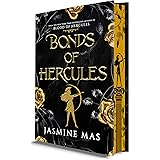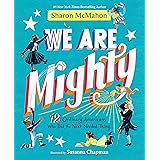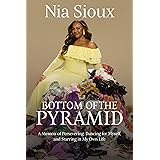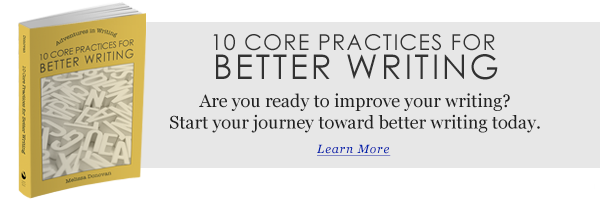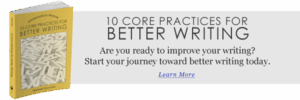“Silence Speaks Volumes: Unraveling the Hidden Dangers of Dialogue Deficiency in Storytelling”
Have you ever found yourself caught in the middle of an engaging story, only to be jolted out by the dull thud of vague summarization? It’s like biting into what you think is a ripe peach, only to discover it’s waxy and far from juicy! When storytellers opt for summary over dialogue, they risk deflating moments that could truly enchant their audience. In this enlightening piece, we’re diving into the art of bringing characters to life with vibrant dialogue, rather than leaving them trapped in an uninspired narrative. After years of observing countless storytellers, I’ve seen how easy it is to fall into the trap of editorializing. This article unpacks essential keys to help you unlock the potential of authentic conversation in your storytelling. Curious about how to transform your characters into living, breathing entities that captivate your audience? Stick around! LEARN MORE.
The keys you need to stop editorializing and bring your characters to life
This awful example happens on stage all the time.
“And then I stood there, frozen as Jim berated me. Just saying the most awful things, if you knew what he said, you’d be reduced to tears like I was.” Tracy’s voice trails off as her compelling story about confronting her boss deflates.
The audience shifts, physically reacting to the missed opportunity. Without dialogue, what could have been a powerful moment is vague summary.
You want your audience asking, “What happens next?” Not, “Wait, what did Jim actually say?”
After a decade producing live storytelling shows in Chicago and coaching over 1,000 storytellers one-on-one in 2022 alone, I’ve noticed a pattern: many storytellers struggle with dialogue. They summarize conversations, robbing their audience of powerful and authentic moments.
Without telling us what was said, Tracy sounds like a liar.
But the reasons storytellers shy away from dialogue are understandable. You don’t want to put words in someone’s mouth. It feels like acting or worse, like you’re mocking an accent. Maybe getting that close…

